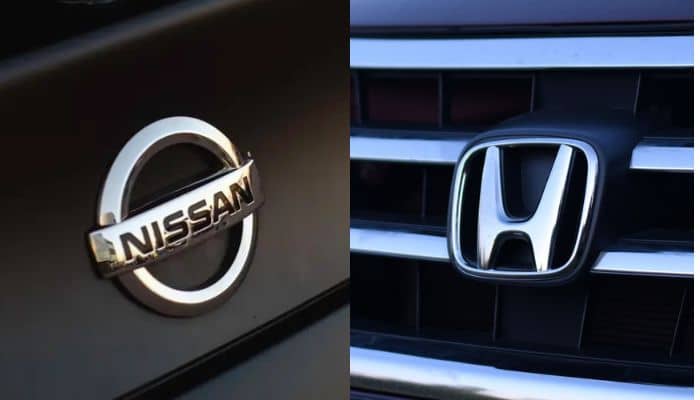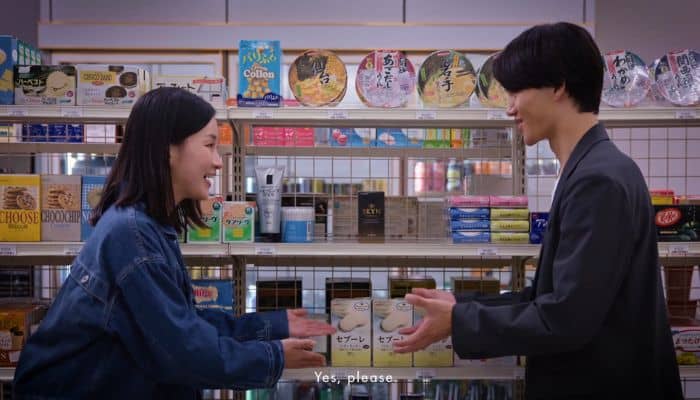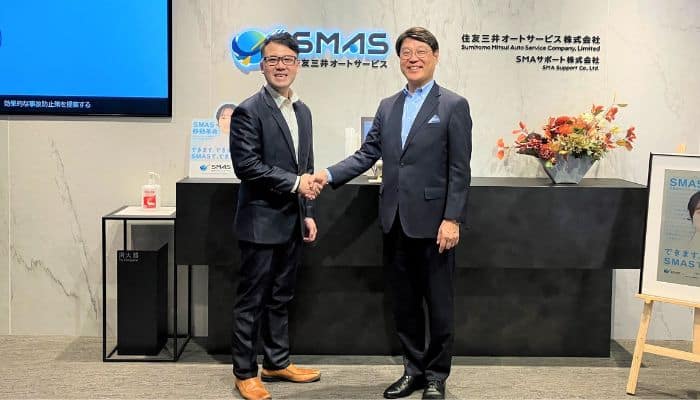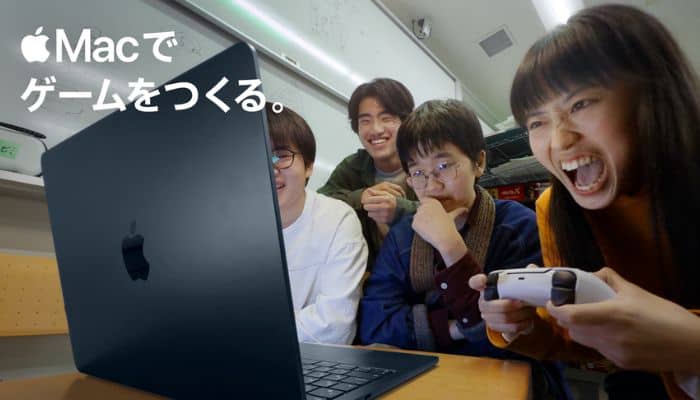Singapore – In a significant reshuffling of its leadership team, Manulife Asia has announced key strategic changes across its operations in emerging markets, Indonesia, Japan, Singapore, and its finance division.
As part of the leadership changes, Manulife Asia has appointed Dr. Kah Siang Khoo, currently the CEO of Singapore, as the new CEO of Emerging Markets. In this expanded role, he will oversee operations in Cambodia, Indonesia, Malaysia, Myanmar, and the Philippines.
Dr Khoo, who joined Manulife in 2018, has played a key role in driving growth and enhancing the company’s position in the region. He has also contributed to digital initiatives and new distribution strategies while overseeing a successful bancassurance partnership with DBS. Prior to his new role, Dr. Khoo served as the president of the Life Insurance Association of Singapore.
During the transition, Dr. Khoo will remain CEO of Singapore until he officially hands over the role to Benoit Meslet on June 1. Meslet, who is currently CEO of Japan, will assume the position pending regulatory approval.
Benoit has been with Manulife since 2020, driving four years of core earnings growth, doubling new business value since 2022, and leading a fast-paced digital transformation that boosted customer satisfaction and employee engagement. With over 20 years of leadership experience in Asia’s life insurance sector, he is well-equipped for his new role.
Following this change, Ryan Charland, currently CEO of Indonesia, will succeed Meslet as CEO of Japan, effective May 1, 2025. He will join Meslet in Japan in April to facilitate a smooth transition.
Since taking the helm in 2019, Charland has led Manulife Indonesia to expand its market share and achieve a strong Net Promoter Score. He also launched a new Syariah-compliant company to serve Indonesia’s underpenetrated Muslim population. His extensive experience in product development, distribution, operations, finance, and risk management is expected to support ongoing growth in Manulife Japan.
Meanwhile, Lauren Sulistiawati will succeed Charland as CEO of Indonesia, starting February 24, 2025, pending regulatory approval. She will collaborate closely with Charland to ensure a smooth transition and will report to Dr Khoo.
Sulistiawati joins from Commonwealth Bank, where she led the transition to OCBC while maintaining customer satisfaction. She has held leadership roles in Indonesian and multinational banks, with a focus on transformation, Syariah business, and regional insurance partnerships.
Last on the roster of leadership changes, Adrienne O’Neill, currently global controller and group chief accounting officer, has been appointed Asia chief financial officer, reporting to Colin Simpson, global CFO, and Phil Witherington, president and CEO of Manulife Asia.
O’Neill has been with Manulife for over 17 years, holding various key finance roles, including global controller and group chief accounting officer. She also served as global head of investor relations from 2018 to 2021.
Speaking on the appointments, Witherington said, “These changes showcase the depth and strength of our leadership across Asia and position us to continue delivering high-quality sustainable growth and be the number one choice for customers.”
“We are well on track to achieve our goal of contributing half of Manulife’s core earnings by 2027, and these leaders have consistently executed our strategy. Their leadership in these new roles will help define the next chapter for Manulife Asia,” he added.
Phil Witherington will assume the role of president and CEO of Manulife on May 9, 2025. Until his successor is appointed, members of the Manulife Asia senior leadership team will report directly to him.
Manulife has also announced the departure of Michael Thomssen, chief financial officer for Asia, and Sachin Shah, head of emerging markets. The company thanked both for their contributions and wished them success in their future endeavours.












